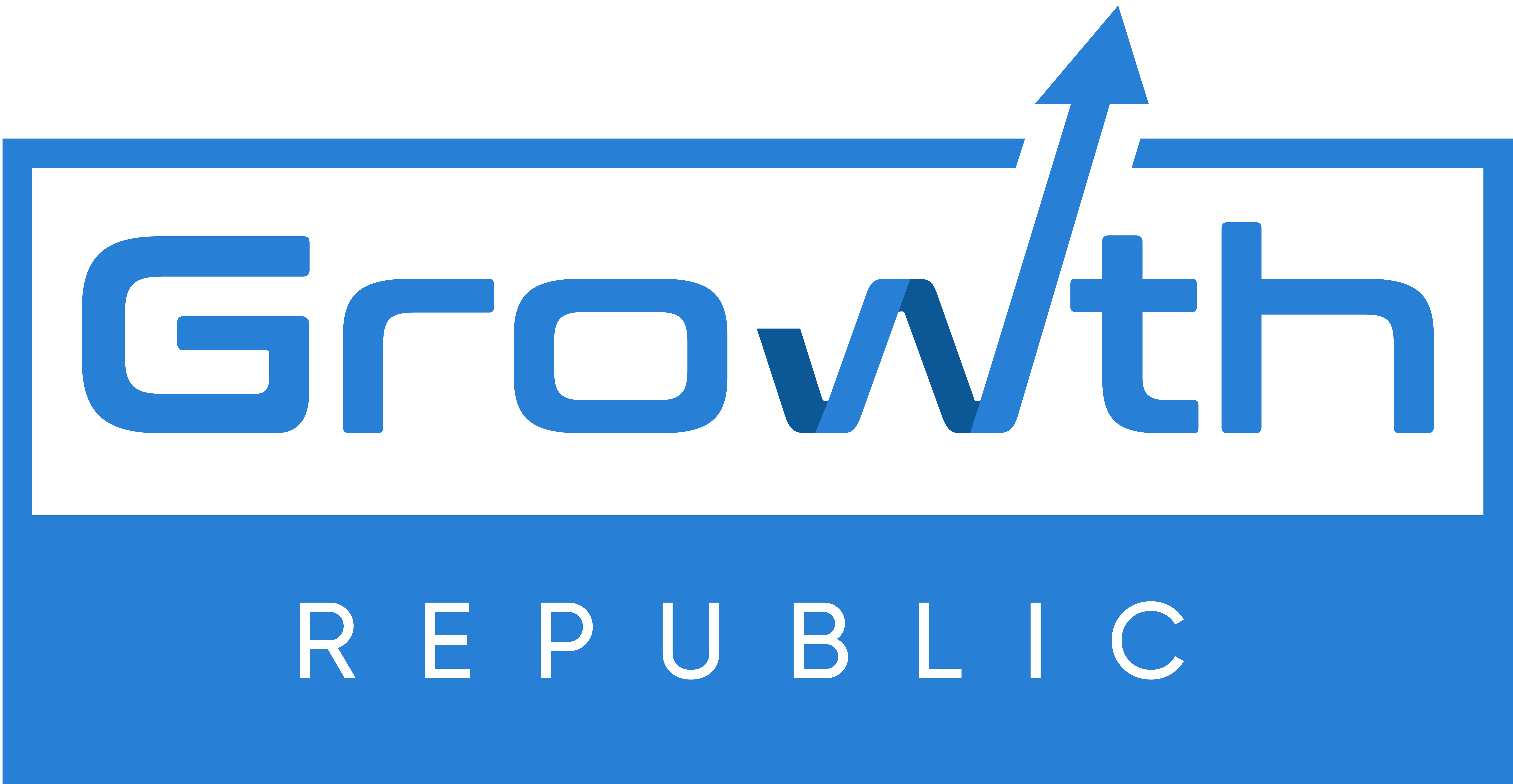Salesforce recently introduced Agentforce, an AI-powered solution designed to support customer service teams by enhancing efficiency, automating responses, and providing personalized customer experiences. Agentforce combines Salesforce’s powerful AI tools with automation and real-time insights to streamline customer service workflows, making it easier for agents to respond effectively and proactively. Here’s a breakdown of its features, benefits, and some potential pros and cons for companies considering adoption.
Key Features of Salesforce Agentforce
1. AI-Powered Assistance: Agentforce leverages Salesforce’s Einstein AI to provide agents with intelligent recommendations, automated responses, and pre-emptive solutions based on customer data and previous interactions. This empowers agents with relevant information in real time, reducing response times.
2. Automated Workflows: With automation at its core, Agentforce enables agents to set up workflows for routine tasks like ticket routing, categorization, and escalation. This helps reduce repetitive work, allowing agents to focus on complex cases requiring a human touch.
3. Personalized Interaction: Agentforce uses customer data from Salesforce’s Customer 360 platform to provide a unified view of the customer across all touchpoints. This personalization enables agents to tailor their responses and anticipate needs, which enhances customer satisfaction and builds trust.
4. Self-Service Solutions: Customers can access self-service options through AI-driven chatbots and knowledge bases, helping them quickly find answers without the need for direct agent involvement. This reduces call volumes and frees up agents for more critical tasks.
5. Performance Analytics and Insights: Agentforce provides real-time analytics on agent performance, customer satisfaction, and issue resolution times. Managers can use these insights to identify training needs, monitor key metrics, and optimize the overall service process.
Benefits of Using Salesforce Agentforce
1. Improved Efficiency and Response Time: By automating repetitive tasks and using AI to guide agents, Agentforce enables faster response times, which can greatly improve customer satisfaction and overall service quality.
2. Enhanced Customer Experience: With a 360-degree view of each customer and AI-driven insights, agents can provide personalized support, leading to stronger customer loyalty and higher satisfaction scores.
3. Cost Savings: The automation of routine tasks and the self-service features help reduce operating costs by lowering the volume of agent-assisted cases. It also minimizes the need for additional staffing as workloads increase.
4. Scalability: Agentforce is built to scale with businesses as they grow, making it suitable for both small companies and large enterprises. The AI-driven automation can handle increasing customer volumes without compromising service quality.
5. Data-Driven Decision-Making: Real-time performance analytics empower management teams to make informed decisions based on accurate data, identify areas for improvement, and ultimately drive better outcomes.
Pros and Cons of Adopting Salesforce Agentforce
Pros:
• Increased Productivity: Automation of routine processes allows agents to focus on high-value tasks, improving overall productivity.
• Enhanced Personalization: AI-driven recommendations and a unified customer view enable more tailored interactions, which can lead to higher customer loyalty.
• Adaptability to Growing Demand: Agentforce can handle rising customer inquiries without the need for a large increase in support staff, making it cost-effective as customer bases grow.
• Seamless Integration with Existing Salesforce Systems: For companies already using Salesforce, Agentforce integrates smoothly, leveraging existing data and infrastructure.
Cons:
• Initial Implementation Costs: Adopting new AI-driven solutions often requires a significant upfront investment in both time and resources, which may be challenging for smaller businesses.
• Dependence on Data Quality: Agentforce’s effectiveness heavily relies on the quality of data it processes. If customer data is incomplete or inaccurate, the AI may provide incorrect recommendations, leading to poor customer experiences.
• Potential Loss of Human Touch: While AI enhances efficiency, there’s a risk of over-reliance on automation. Some customers may feel disengaged if they are continually routed through automated solutions without human intervention.
• Learning Curve for Agents: Adopting a new AI-powered platform may require training for agents to fully understand and maximize the tool’s capabilities, which can disrupt regular workflows temporarily.
Conclusion
Salesforce Agentforce represents a major step forward in customer service technology, especially for businesses looking to streamline operations and personalize customer interactions. With the right data management and change management strategies, companies can leverage Agentforce to enhance their customer experience, optimize workflows, and drive measurable growth in customer satisfaction. However, balancing AI with the human touch will be key to successful implementation.




